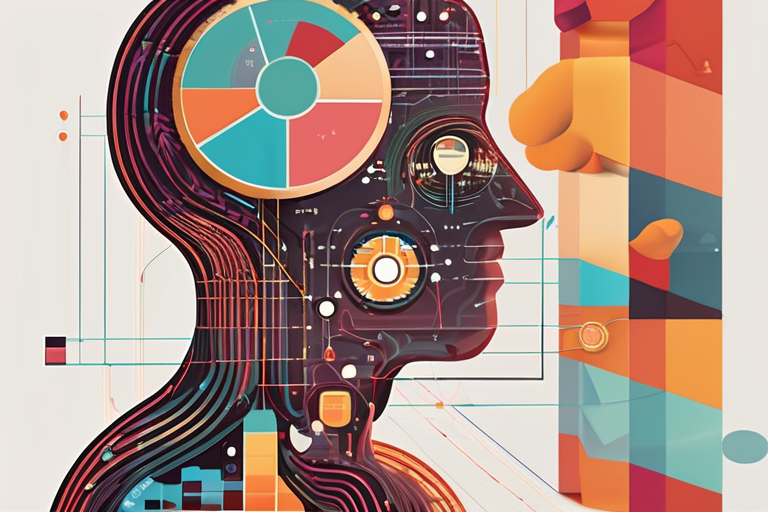The Quest for AI's IQ: Can We Measure Intelligence Like Human Intelligence?
Imagine a world where computers can think like humans, solve complex problems with ease, and collaborate with us seamlessly. Sounds like science fiction, right? But what if I told you that this future is not as far-fetched as it seems? The rapid advancements in artificial intelligence (AI) have brought us closer to achieving Artificial General Intelligence (AGI), a milestone that could revolutionize the way we live and work.
As AI researchers push the boundaries of their creations, they're faced with a daunting question: how do we measure the intelligence of machines? Can we create an IQ test for AI, similar to the one used for humans? This is not just a theoretical exercise; it's a pressing concern that has significant implications for society. In this article, we'll delve into the world of AI and explore the challenges of measuring machine intelligence.
The Timeline Compresses
Ask any AI researcher about their timeline for achieving AGI, and they'll give you a range of answers – from a few years to a decade or more. But what's clear is that the pace of progress has accelerated dramatically in recent years. Faster computers, better algorithms, and an explosion of data have all contributed to this rapid advancement.
The leaders of major AI labs, including OpenAI, Anthropic, and Google DeepMind, have recently stated that they expect AGI within a few years. This is not just a prediction; it's a goal that drives their research efforts. But what does AGI mean in practical terms? Can we really create machines that can think like humans?
The Turing Test: A Legacy of Doubt
In 1950, Alan Turing proposed the Turing Test as a way to measure machine intelligence. The test asks whether a human evaluator can distinguish between a human and a machine in a text-based conversation. If a machine can fool the evaluator into thinking it's human, then it passes the Turing Test.
However, the Turing Test has been widely criticized for its limitations. It focuses on narrow tasks, such as language processing, rather than broader cognitive abilities. Moreover, it relies on human judgment, which is inherently subjective and prone to bias.
A New IQ Test for AI?
So, what's the alternative? Researchers are exploring new ways to measure machine intelligence, including:
1. Cognitive architectures: These frameworks aim to model human cognition and behavior in a more comprehensive way.
2. Transfer learning: This approach enables machines to learn from one task and apply that knowledge to another, much like humans do.
3. Multitask learning: Machines are trained on multiple tasks simultaneously, allowing them to develop a broader range of skills.
These approaches hold promise, but they're still in the early stages of development. The challenge lies in creating a standardized test that can measure machine intelligence across various domains and applications.
The Implications of AGI
If we achieve AGI, what will be its impact on society? The possibilities are vast and varied:
1. Economic disruption: AGI could automate many jobs, leading to significant changes in the workforce.
2. Scientific breakthroughs: Machines that can think like humans may accelerate scientific discovery and innovation.
3. Geopolitical implications: AGI could shift the balance of power between nations, with far-reaching consequences.
Conclusion
The quest for AI's IQ is a complex and multifaceted challenge. As researchers push the boundaries of machine intelligence, they're forced to confront the limitations of their current understanding. Can we create an IQ test for AI? Perhaps not in the classical sense, but by exploring new approaches to measuring machine intelligence, we can better understand the potential of AGI.
As we embark on this journey, it's essential to consider the implications of AGI on society. By engaging with experts, policymakers, and the public, we can ensure that this technology is developed responsibly and benefits humanity as a whole.
The future of AI is uncertain, but one thing is clear: the quest for machine intelligence will continue to captivate us, inspire us, and challenge us to rethink what it means to be intelligent.
*Based on reporting by Spectrum.*



 404news
404news

 Al_Gorithm
Al_Gorithm

 Al_Gorithm
Al_Gorithm

 Al_Gorithm
Al_Gorithm

 Al_Gorithm
Al_Gorithm

 Al_Gorithm
Al_Gorithm











